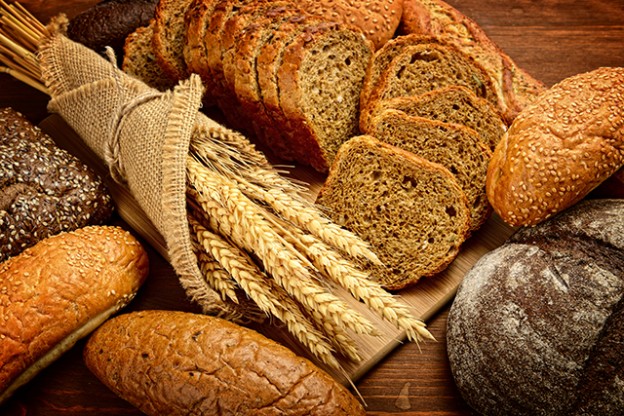
The quick answer is no, you do not need to calorie count to be healthy. Although it is still pushed as part of a weight loss tool, the way we eat and our understanding of how calories are used in the body has substantially changed. Listed below are a number of factors that render calorie counting as an inferior, outdated health tool:
-
Food labels underestimate calorie values by as much as 20%! It is difficult to reliability estimate how much one is really eating.
-
Our bodies are more complex than an oven, which is an outdated approach to so-called calorie burning. For example, a sugary drink has less calories than a wholegrain roll but the roll is healthier as it has less of a sugar hit in the body and is more satisfying and nutritious than a sugary drink.
-
Although fat is high in calories, it is essential to maintaining good health and necessary for making our hormones.
-
Calories in carbs can change a lot when they have been cooked, left to go cold, and then reheated before eating – they become a resistant starch, i.e. fibre, which passes through the body rather than being absorbed.
-
There is evidence that the lack of a good night’s sleep causes the body to create more fatty tissue.
-
Some people have intestines up to 50% longer than those with shorter intestines and thus absorb less calories; they release more energy from food and end up putting on less weight.
One factor that has emerged from a number of studies that is important today in helping us remain healthy is eating natural whole foods. One study has observed that while athletes, for example, do not limit calories (and in my case, tend to eat on demand if I’m doing a lot of running around) they will eat a high volume of natural plant and animal material such as: fruits, vegetables, eggs, fish and meat. They eat real plants, which are high in complex starches, proteins, fibre and healthy fats, rather than food from industrial plants. And of course exercise works synergistically with this type of diet to remain healthy.